In Oscar Contender ‘A Still Small Voice,’ Filmmakers Shatter “Preconceived Ideas Of What A Hospital Chaplain Does”
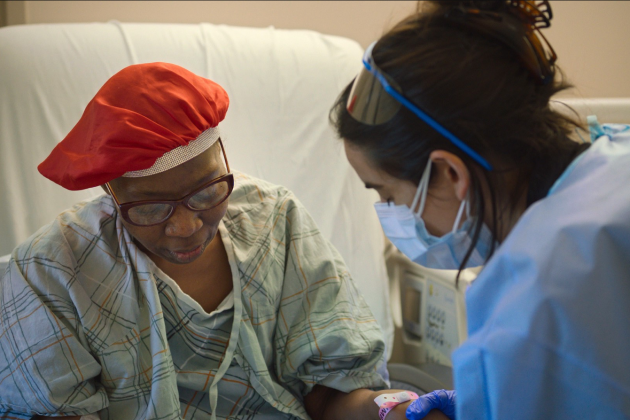
Modern medicine, replete with pulsating machines that monitor the human life form, can do remarkable things in the hospital setting. It can save the severely ill or injured, or postpone the arrival of death. The technology surveils the state of the vital organs: heart, lungs, brain. But it cannot speak to the heart. For that, some other form of care is needed.
Hospital chaplains fill the void – tending to a patient’s emotional and spiritual needs and those of their family. They are a quiet presence in hospitals, and nearly invisible in the culture at large. The Oscar-contending documentary A Still Small Voice, directed by Luke Lorentzen and produced by Kellen Quinn, provides rare insight into this work of pastoral care, following hospital chaplain Mati Engel on her year-long residency at Mount Sinai Hospital in New York.
More from Deadline

Lorentzen approached the subject with a degree of skepticism. “I had my own sort of preconceived ideas of what a chaplain does,” he acknowledges, “and they were mostly wrong.”
Fortunately, his sister Claire could enlighten him, as a hospital chaplain herself who embarked on a residency in clinical pastoral education in 2019. “She was the one to really open my eyes to how meaningful it is,” Lorentzen tells Deadline. “Claire showed me that the work was not just religious or did not have to be religious, but was much more about building relationships, being there for people, having really fascinating, profound conversations.”
In the film, Mati encounters patients who in some cases face grim prognoses. For them, the tests – the machines – are not pointing to a positive outcome. How, then, does a person process such news, and prepare for a future of whatever duration it may be? Mati’s way of offering help could be summed up in simple terms – to listen.
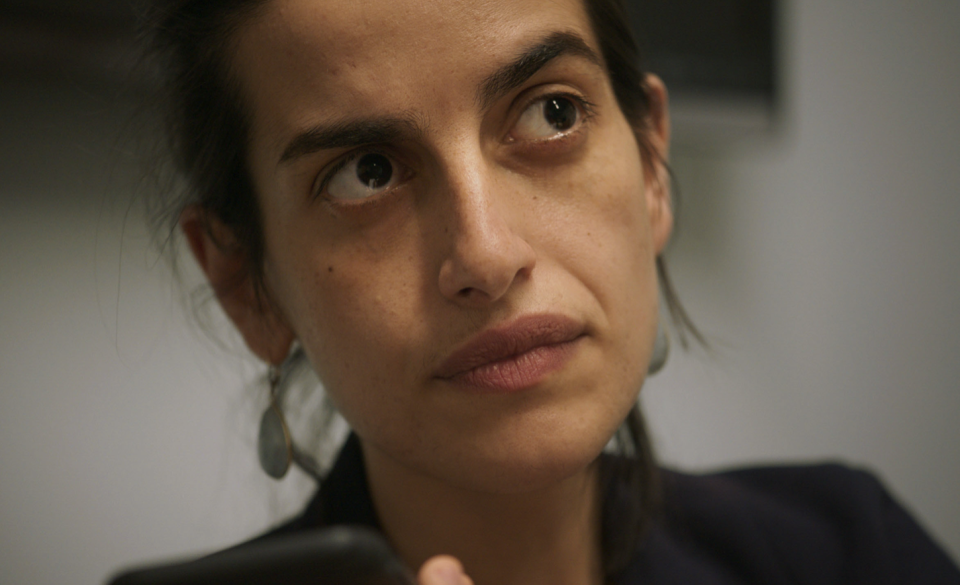
“She had a post-it note above her computer,” Lorentzen remarks, “that said, ‘Take a beat, ask questions.’”
Engel, who brought empathy and integrity to her work, didn’t leap at the opportunity to participate in a documentary.
“It was months of talking with her, being with her, building trust, going through different experiences together to arrive at a process that felt collaborative, supportive, and deeply in touch with the principles of chaplaincy,” Lorentzen explains. “I think the film started to really deepen and become the best version of itself once I had learned enough about chaplaincy to sort of carry those principles with me into the room with Mati.”
By its nature, the documentary involved a multitude of ethical questions for the filmmakers.
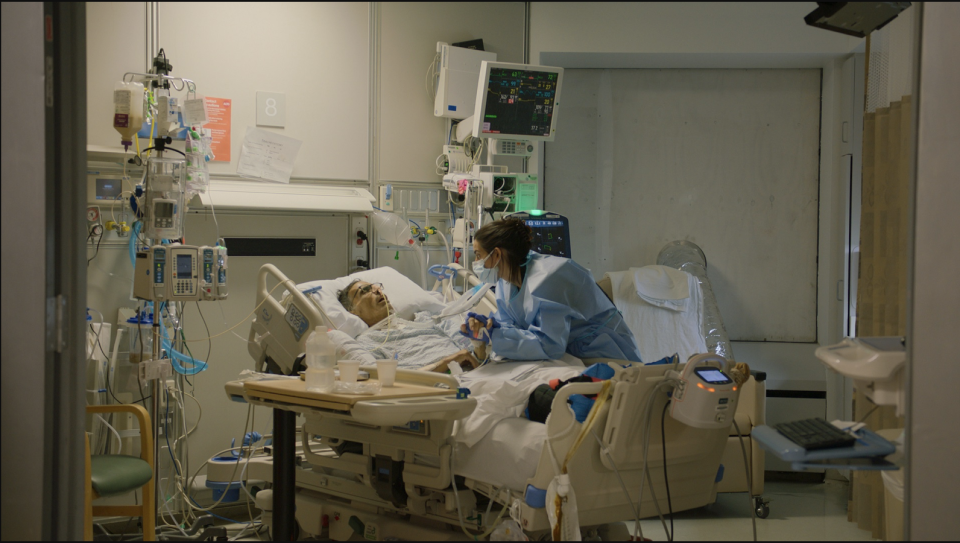
“The starting point was to do the basics — consent form, release forms, HIPAA considerations within the hospital. That’s ethical; it’s also a legal matter,” says Quinn, the Oscar-nominated producer of Time. “But really the most important thing at the outset for us as a film team was to figure out where we stood on those questions and probably to acknowledge that there were things that Luke would encounter in shooting that we couldn’t plan for in advance… We needed to stay very alive to context and kind of figure things out in the moment and then return to those questions later and see what was right with more hindsight, with more perspective.”
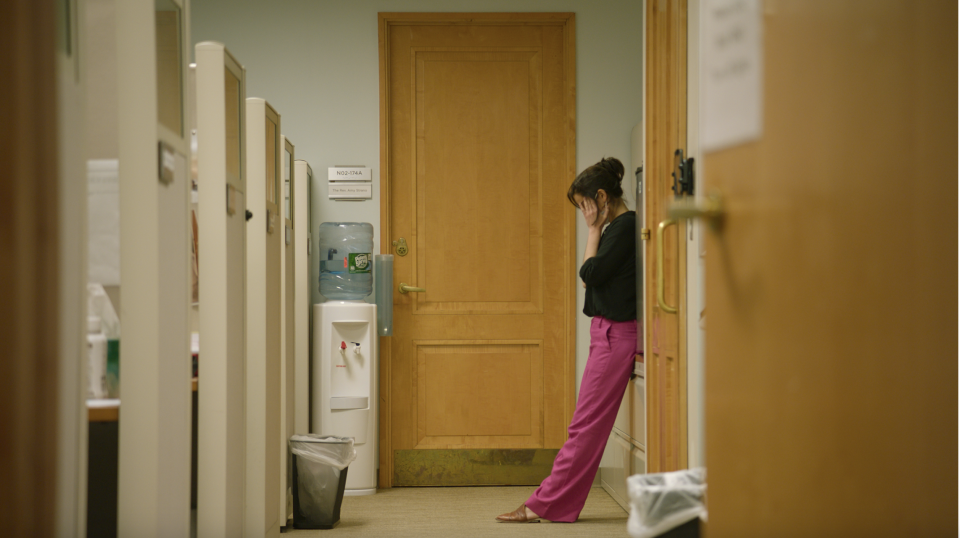
Lorentzen and Quinn concluded it was important to depart from the traditional model of documentary where participants are offered no say whatsoever on dimensions of storytelling.
“Mati pushed us as filmmakers to reconsider the need for final cut, to sort of put it simply,” Lorentzen explains. “We arrived at a place where anyone who agreed to let us film them would have the opportunity to take that footage back. That applied to Mati and to David [Fleenor, Mati’s supervisor] and all of the patients in the film. It sort of created this safety net for these very vulnerable moments to be filmed, but not to be ours to do whatever we wanted with them, and to include these people — the participants of the film — in multiple stages, and to return multiple times to this question of would you like to be part of this.”
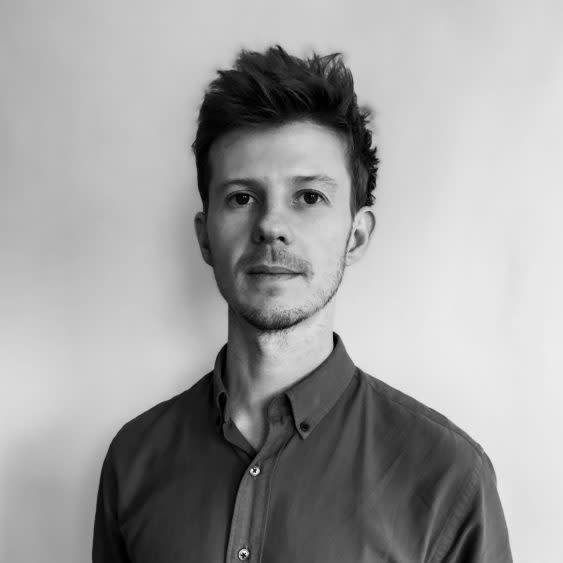
Quinn notes, “There’s so much obviously about power dynamics in documentary filmmaking and there’s no way to erase imbalances of power, but what we ended up doing with this film was a kind of sharing of the risk” – meaning, both filmmakers and participants would surrender a measure of control they would normally have.
“It is not about leveling so much as about really bringing a kind of collective sensibility to it,” Quinn observes, “which doesn’t get rid of hierarchies and power dynamics, but it does do something different than the standard version.”
Lorentzen adds, “I think in looking back, we got more from it than we lost. I think the openness and generosity and comfort and intimacy that people were willing to bring to the project was richer and deeper because of a sense of safety that came with this decision.”
Lorentzen’s 2019 documentary Midnight Family, produced by Quinn, earned a place on the Oscar shortlist. For that film, about a private ambulance service run by the Ochoa family in Mexico City, the director recorded some intense life-and-death scenes.
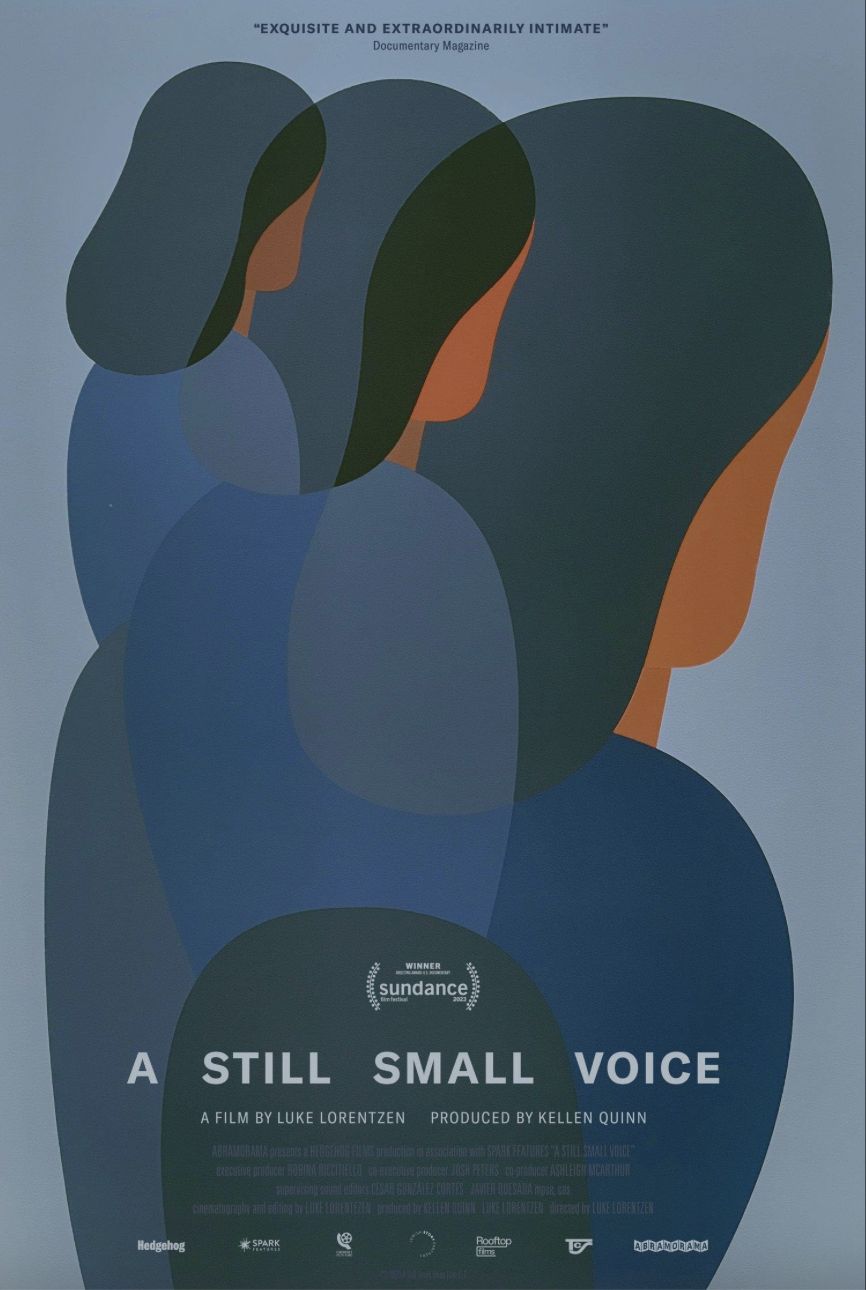
“It feels like there’s something deep inside me that was eager and hungry for a project that pushed me to reflect and to think more deeply about things I’ve personally experienced within the world of Midnight Family,” Lorentzen observes. “There’s a very close connection [between the films], but I think A Still Small Voice in a much bigger way has given me a chance to look inwards in a way that’s been very powerful.”
The title “chaplain” originates in the Christian Church, yet in the hospital context it transcends those origins. Lorentzen says his sister Claire “showed me how the work is deeply rooted in an interfaith way of working, which includes all belief systems and no belief systems, and that fascinated me — to learn how to talk with people through all of these different ways of making meaning. A phrase a lot of chaplains uses is ‘code switching,’ so sort of finding your way into [a patient’s] value system, your own value system, and I just think it’s a very powerful thing to learn how to do.”
He adds, “I, over time, discovered that it was not about one way of making meaning, but learning how to juggle all ways of making meaning.”
Best of Deadline
2023-24 Awards Season Calendar - Dates For Oscars, Emmys, Grammys, Tonys, Guilds & More
New On Prime Video For March 2022: Daily Listings For Streaming TV, Movies & More
Sign up for Deadline's Newsletter. For the latest news, follow us on Facebook, Twitter, and Instagram.

